9 journalists killed in Afghanistan: This is 'a reminder of the extreme dangers to media workers'
One of the attackers pretended to be a journalist, a police spokesperson said.
Nine journalists were killed in dual blasts in Kabul, Afghanistan, this morning.
A Kabul police spokesman said the second suicide bomber was among the crowd of reporters who were rushing to the scene of the first blast when another device was detonated, according to The Associated Press.
Police spokesman Hashmat Stanekzai said the second attacker was pretending to be a member of the media, the AP reported.
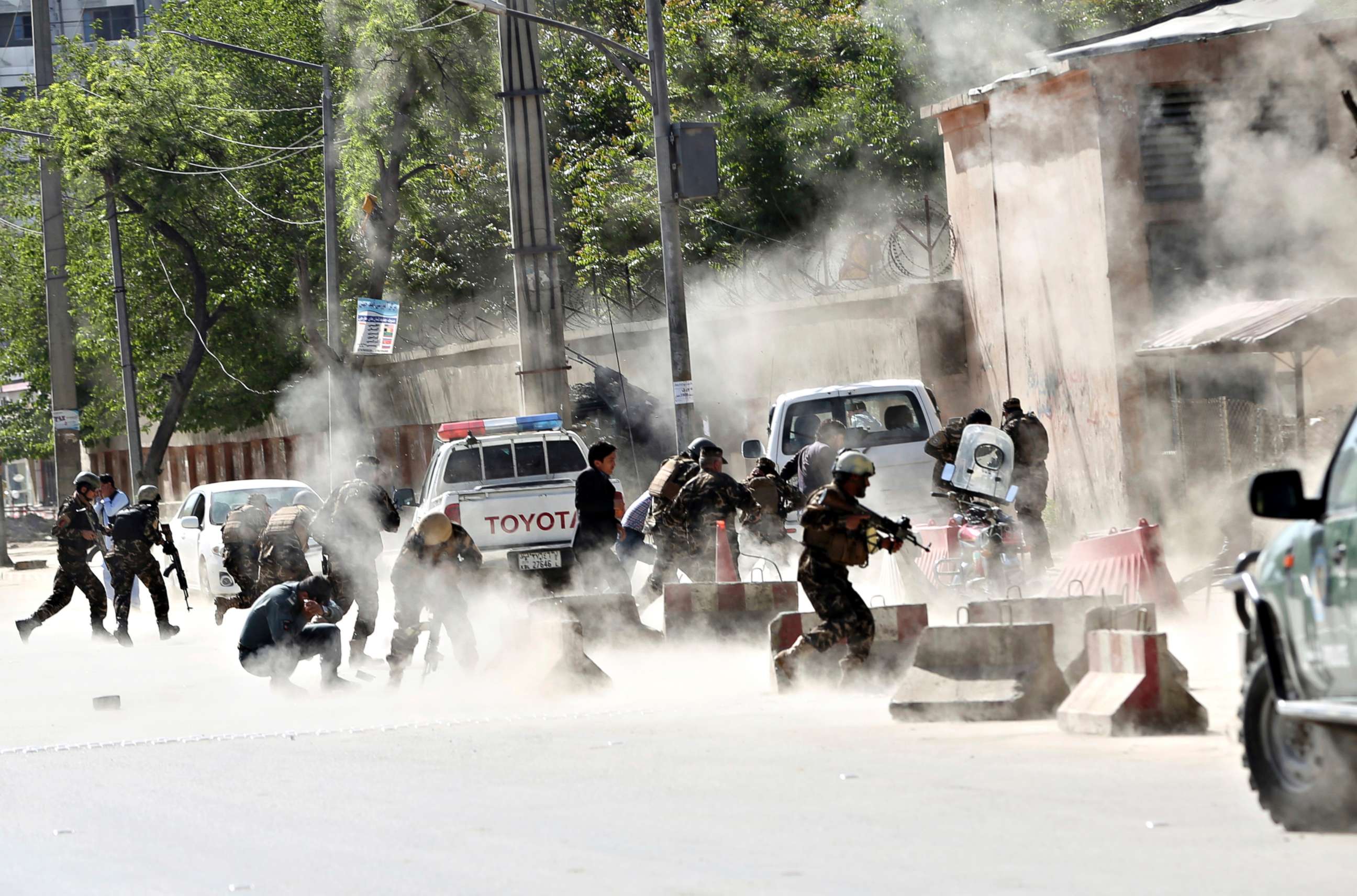
The health ministry in Afghanistan released the names and affiliations of the nine journalists who were killed:
Shah Marai, a longtime photographer for Agence France-Presse (AFP)
Ebadullah Hananzai, from Radio Free Europe
Sabawoon Kakar, from Radio Free Europe
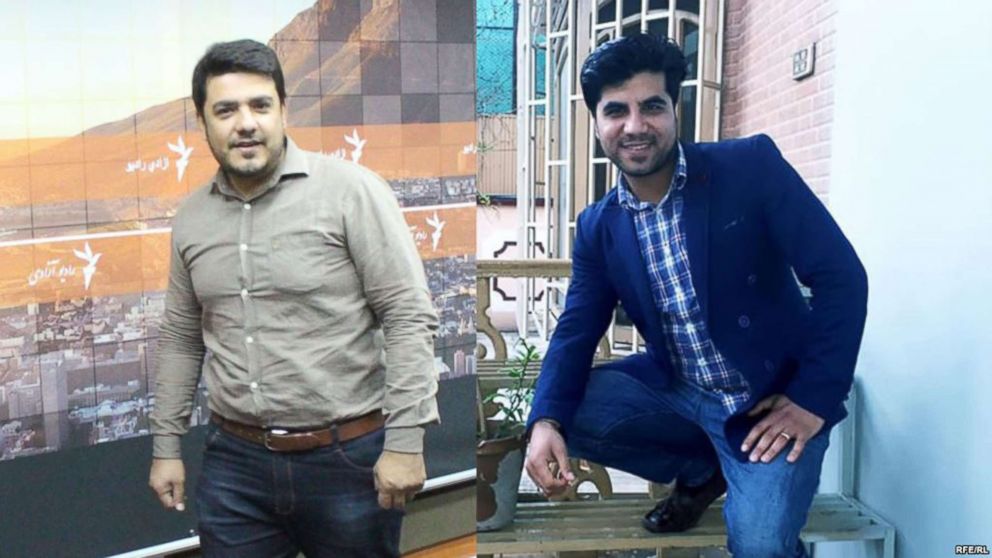
Yar Mohammad Tokhi, a Tolonews cameraman
Ghazi Rasooli, a 1TV reporter
Nowrooz Rajabj, a 1TV cameraman
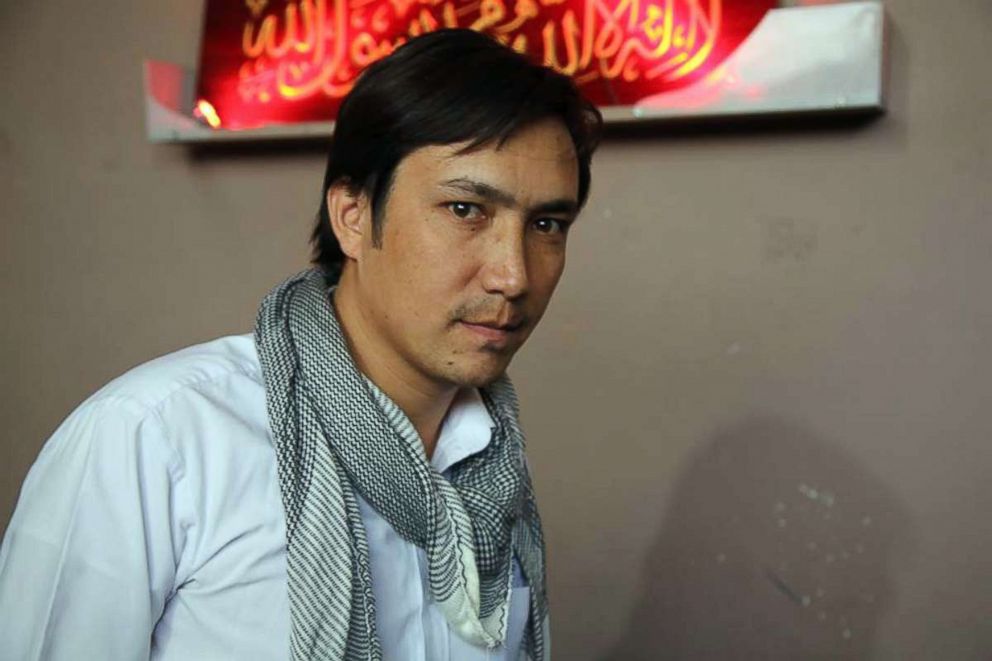
Saleem Talash, a Mashal TV reporter
Mahram Durani, a journalist from Shamsad TV
Ali Salimi, a Mashal TV cameraman.
ISIS has since claimed responsibility for the Kabul attacks, which left at least 25 people dead and 45 others injured.
The regional program director of the Committee to Protect Journalists released a statement on the bombing, calling it "a reminder of the extreme dangers to media workers" in Afghanistan.
Steven Butler, CPJ's Asia program coordinator said the attack shows "the extreme dangers to media workers in that country and of the extremely brutal tactics used there by enemies of the free press."
A man who rose through the ranks
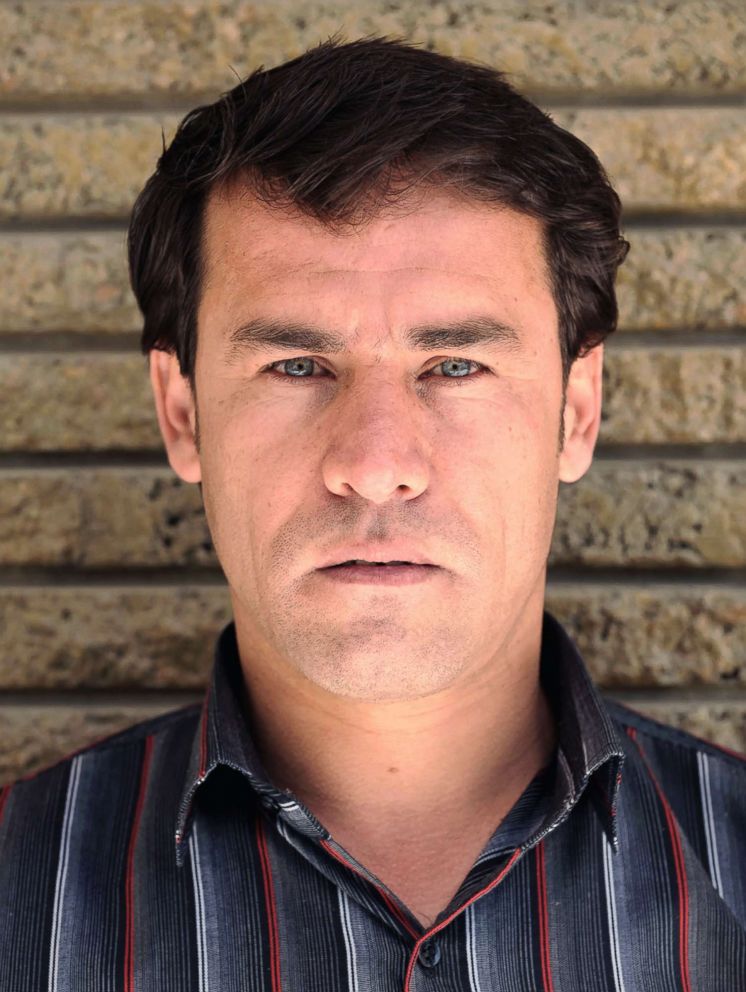
Marai, 41, was one of the most prominent journalists to be killed. He is survived by six children, the youngest of which is a 15-day-old daughter.
An essay that he wrote for the AFP in 2016 was re-released today.
In it, he describes his career at the AFP, which started as a fixer and driver in 1996. He moved up the ranks and was ultimately named as the agency's chief photographer in Kabul.
He wrote that while there had been good periods, "there is no more hope."
"Every morning as I go to the office and every evening when I return home, all I think of are cars that can be booby-trapped, or of suicide bombers coming out of a crowd. I can’t take the risk," he wrote.
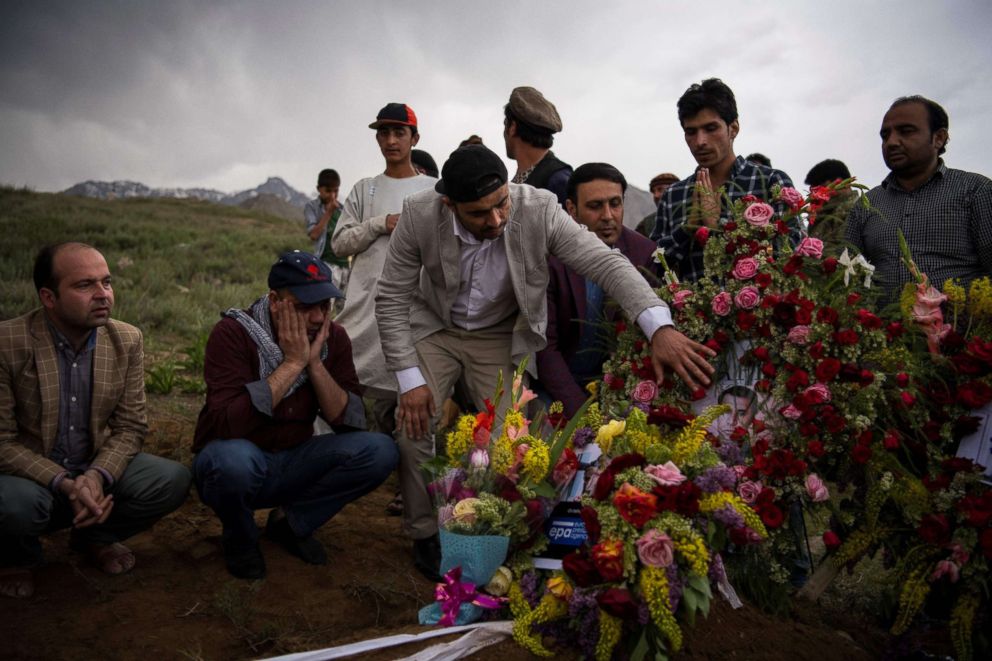
"I have never felt life to have so little prospects and I don’t see a way out. It’s a time of anxiety," he continued.
The New York Times reported that Marai's family was predisposed to blindness and he had three blind brothers and two blind children.
AFP chairman Fabrice Fries issued a statement offering condolences to Marai's family and the families of the others killed in the attack.
“This tragedy reminds us of the danger that our teams continually face on the ground and the essential role journalists play for democracy. Journalists were targeted by this attack,” Fries said.




